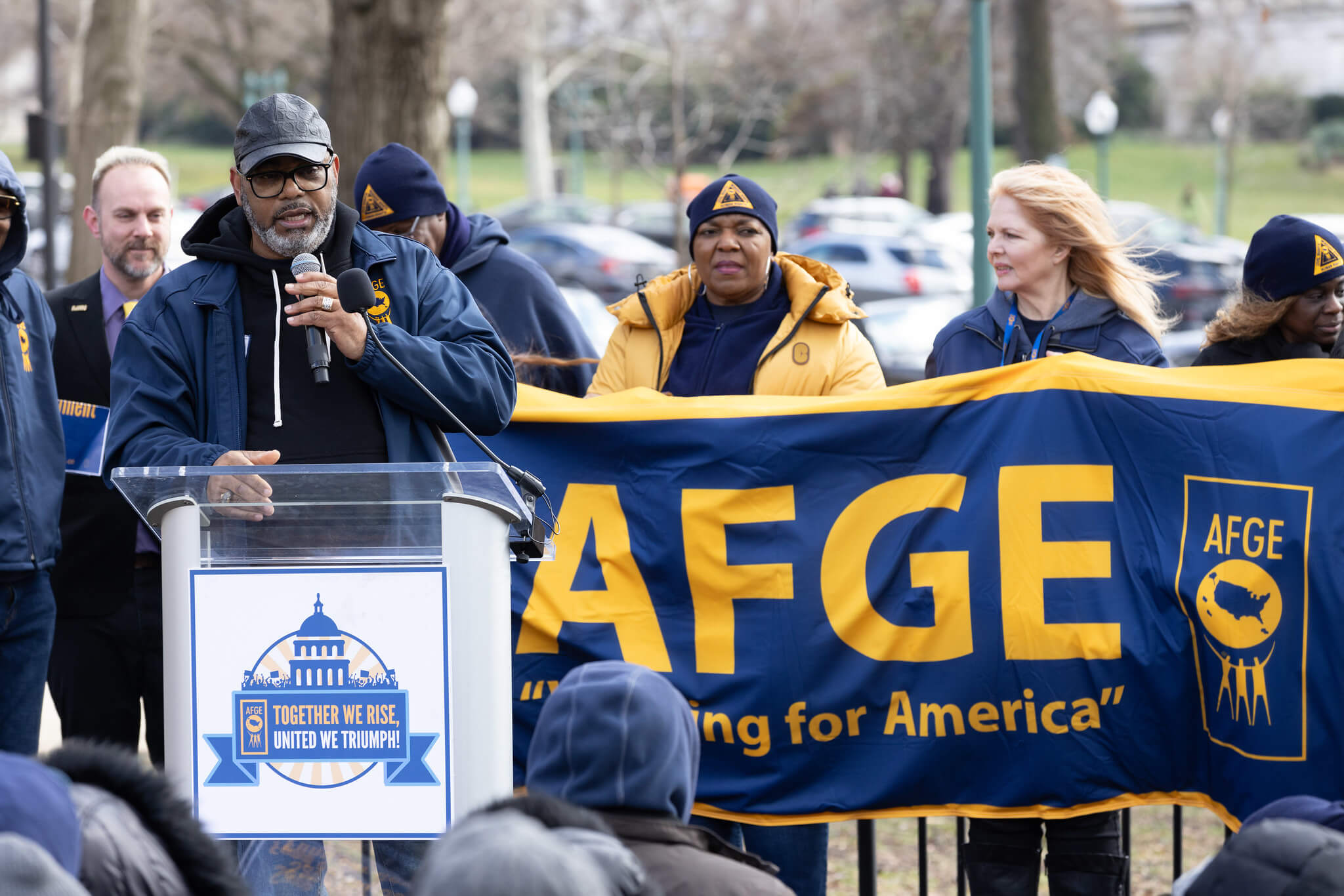The Cyberlaw Podcast: Interview with Pete Chronis
All of Washington is mad at Silicon Valley these days, as our news roundup reveals. Democrats and the media have moved on from blaming Hillary Clinton’s loss on Vladimir Putin; now they’re blaming Facebook and Cambridge Analytica.
Published by The Lawfare Institute
in Cooperation With

All of Washington is mad at Silicon Valley these days, as our news roundup reveals. Democrats and the media have moved on from blaming Hillary Clinton’s loss on Vladimir Putin; now they’re blaming Facebook and Cambridge Analytica. Gus Hurwitz and I have doubts about the claims of illegality, but I reprise my frequent critique of privacy laws: They are uniquely likely to be enforced against those who annoy governing elites (because they’re so vague and disconnected from objectionable conduct that they can be enforced against almost anyone).
Alan Cohn describes the many regulatory agencies now feeling emboldened to take a whack at cryptocurrencies. He’s hopeful that only bad actors will actually feel the blow.
I lay out the remarkably aggressive and novel enforcement philosophy behind CFIUS’s rejection of the Broadcom-Qualcomm deal—and the steadily advancing congressional effort to regulate Silicon Valley’s Chinese connections more closely. That effort has featured some remarkably harsh political attacks on tech giants like IBM and General Electric.
Is all this hate for techies good or bad for the effort to re-impose net neutrality through the courts? The states? Stephanie Roy maps the terrain, which turns out to be every bit as muddled as you thought the last time you read about it.
Need another reason to hate technology? How about this: It’s soon going to kill someone. I explain the latest scary reports from Saudi Arabia’s industrial control system—and America’s.
Pressed for time, we do quick hits on stories that deserved more but got crowded out:
- Why you won’t go wrong betting that privacy zealots hate cybersecurity.
- Trouble in AMD’s chipsets raises backdoor and supply chain worries.
- Treasury sanctions the usual Russians for election meddling.
- Hal Martin’s dumb argument for making mass theft of classified documents harder (“Geez, who can keep track of a single document when you’re stealing terabytes?”) is rejected.
- And for those who wonder why the right is starting to hate Big Tech as much as the left, here’s one week’s worth of stories from Silicon Valley that got heavy attention from conservative sites:
- Twitter suspends comedian Steven Crowder for a video in which an intern crashed an LGBTQ meeting in SXSW claiming to identify as a computer.
- YouTube follows suit.
- Yet somehow Louis Farrakhan keeps both his Twitter account and its coveted blue check while tweeting crap like this: “the FBI has been the worst enemy of Black advancement. The Jews have control over those agencies of government.”
- At the same time that it’s broadcasting Farrakhan, Twitter seems to be blocking much of the Drudge Report.
- And Western Journal (WJ) says Facebook’s new algorithm for “giving a boost to quality news” reduced lefty site traffic by 2 percent and righty site traffic by 14 percent. As an example, comparing two New York tabloids with very different politics, WJ says the change boosted Facebook’s traffic to the lefty New York Daily News by 24 percent and cut the righty New York Post’s traffic by 11 percent. (Similar claims were made by another conservative site using a different methodology.
Finally, our interview is with Pete Chronis, Turner’s Chief Information Security Officer and author of a new book, The Cyber Conundrum. Pete lays out his vision for a cybersecurity moonshot, and the two of us explore particular cybersecurity remedies that make up the effort. We take detours to explore the vulnerabilities equities process, bot in the U.S. and in China. We also touch on the unwise purist stand being taken by IETF on TLS 1.3, which seems determined to offer internet users what might be called “Privacy and Insecurity—By Design.” (And to bring this post full circle, if you were wondering why ordinary people are getting sick of dancing to the tune of Silicon Valley engineers, the IETF’s stiff-necked and counterproductive position on security for corporate network users would be a good place to start.)
As always The Cyberlaw Podcast is open to feedback. Send your questions, suggestions for interview candidates or topics to CyberlawPodcast@steptoe.com or leave a message at +1 202 862 5785.
The Cyberlaw Podcast is hiring a part-time intern for our Washington, DC offices. If you are interested, visit our website at Steptoe.com/careers.
Subscribe to The Cyberlaw Podcast here. We are also on iTunes, Pocket Casts, and Google Play (available for Android and Google Chrome)!
The views expressed in this podcast are those of the speakers and do not reflect the opinions of the firm.




.jpg?sfvrsn=407c2736_6)
